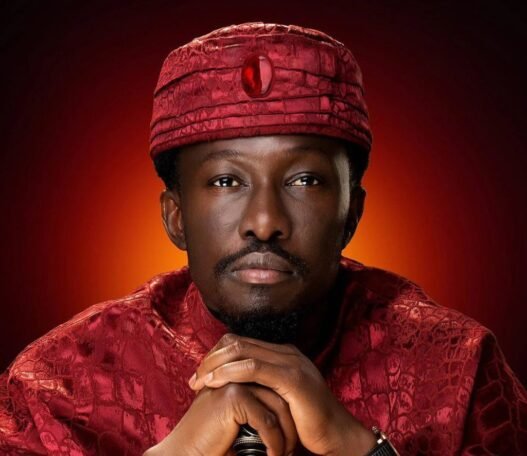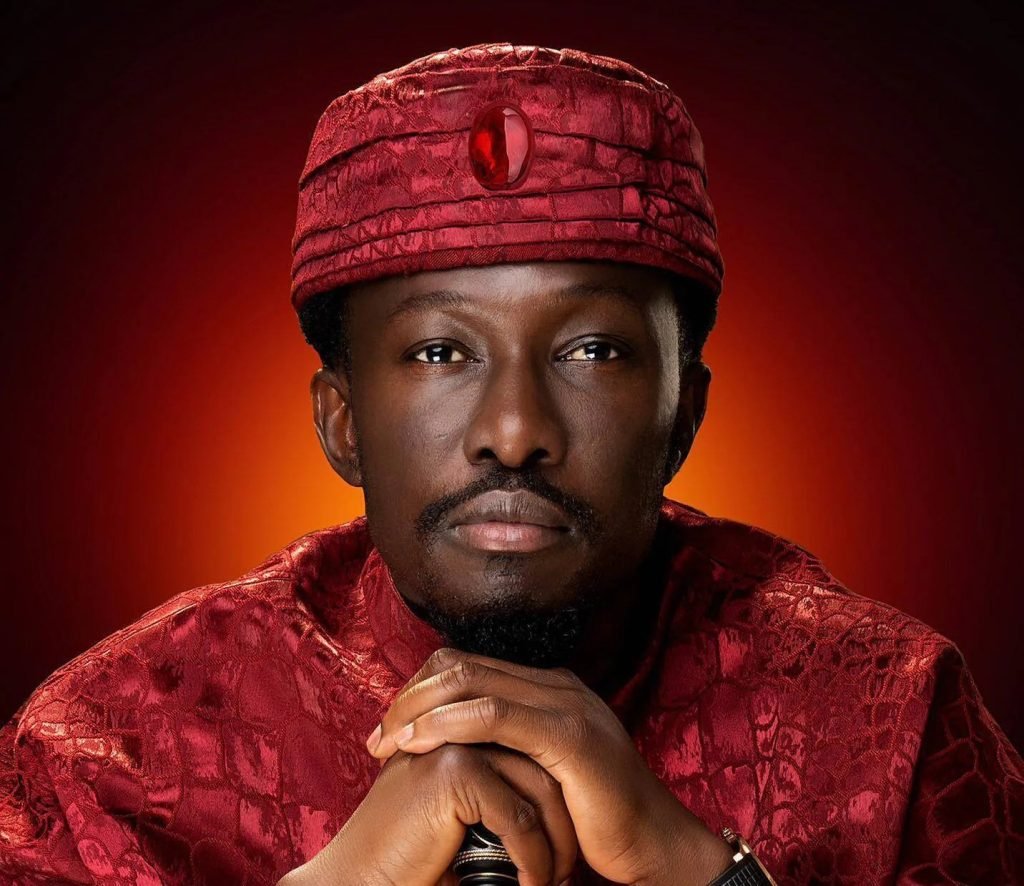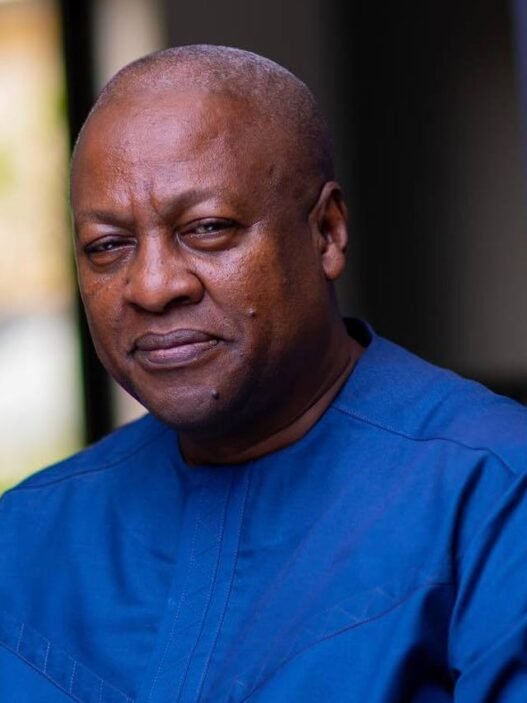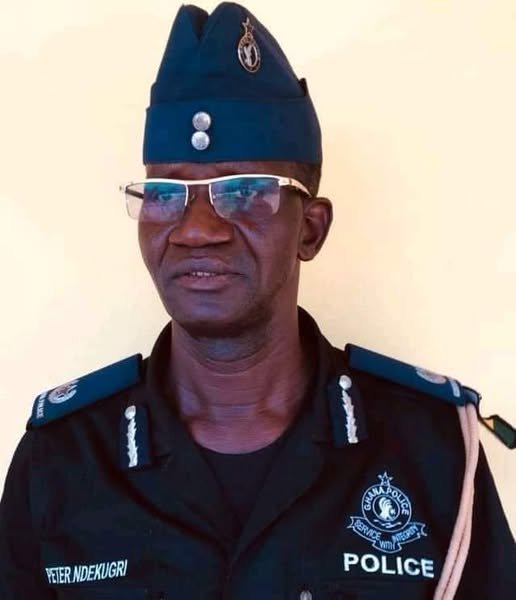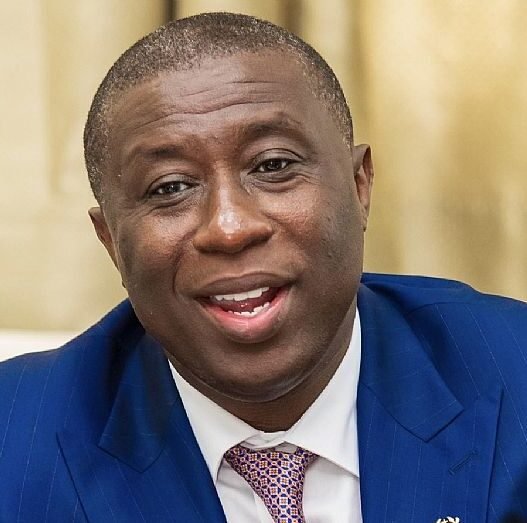The 2024 Ghanaian General Elections reinforced the dominance of the National Democratic Congress (NDC) and New Patriotic Party (NPP), yet they also shed light on the growing demand for a political alternative. Nana Kwame Bediako, an independent candidate, finished third in the presidential race, ahead of Alan Kyerematen and other smaller party candidates. His performance, while remarkable for an independent, raises significant questions about the prospects of breaking Ghana’s entrenched political duopoly.
Election Results: A Testament to the NDC’s Dominance
The final results, as declared by the Electoral Commission, highlight the continued dominance of the two main parties while revealing the challenges for third forces:
- John Dramani Mahama (NDC): 6,328,397 votes (56.55%)
- Mahamudu Bawumia (NPP): 4,657,304 votes (41.61%)
- Nana Kwame Bediako (Independent): 84,478 votes (0.75%)
- Alan Kyerematen (Independent): 31,202 votes (0.28%)
- Nana Akosua Frimpong (CPP): 23,397 votes (0.21%)
The NDC emerged victorious, with Mahama winning a decisive 56.55%, avoiding a runoff. The NPP, facing backlash over economic management, garnered 41.61%, while Bediako, despite his urban appeal, managed 0.75%, reflecting the steep challenge for a third force in Ghana’s electoral landscape.
Low Turnout Reflects Public Disenchantment
The 2024 elections saw a 60.9% voter turnout, with 11,191,422 valid votes cast out of 18,774,159 registered voters. This marks a decline compared to previous elections and underscores rising voter apathy. Approximately 7.5 million registered voters abstained, signaling growing dissatisfaction with the NDC-NPP duopoly and the lack of compelling alternatives.
Kweku Bediako’s Campaign: Promise and Pitfalls
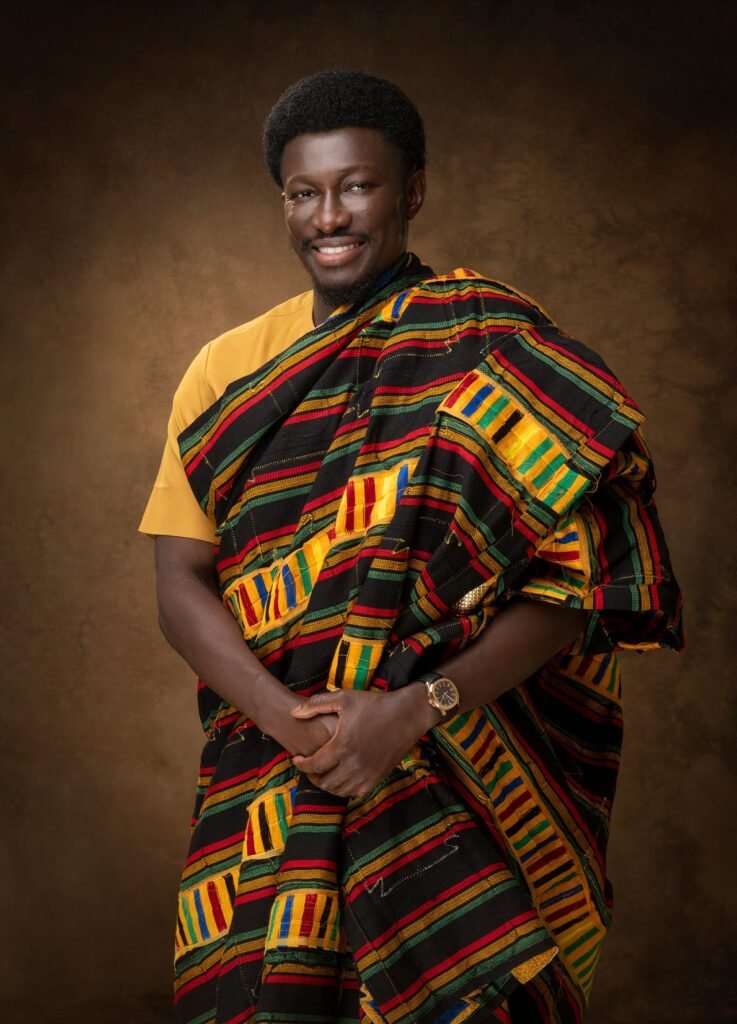
Urban Appeal and Youthful Support
Bediako’s campaign resonated with urban, educated, and youthful voters frustrated by decades of NPP-NDC dominance. His emphasis on innovation, entrepreneurship, and governance reform found a receptive audience, especially in metropolitan areas like Accra and Kumasi.
Challenges of a Third Force
Despite his urban appeal, Bediako’s campaign faced significant obstacles:
- Limited Nationwide Reach: His message failed to penetrate rural strongholds dominated by the NDC and NPP.
- Lack of Legislative Presence: Unlike John Dumelo, who won the Ayawaso West Wuogon parliamentary seat, Bediako did not contest a local seat, missing an opportunity to build credibility at the grassroots level.
- Resource Constraints: Running an independent presidential campaign without the support of a party infrastructure posed logistical and financial challenges.
What Does the Election Mean for Ghana’s Political Landscape?
The NDC’s Resurgence
Mahama’s decisive win signals a resurgence for the NDC, which capitalized on public frustration with the NPP’s handling of the economy. The party’s parliamentary gains, including John Dumelo’s victory in Ayawaso West Wuogon, reflect its growing appeal among urban middle-class voters.
The NPP’s Decline
The NPP suffered a significant defeat, with its share of the presidential vote dropping to 41.61%. Public dissatisfaction with economic management, corruption allegations, and internal divisions contributed to the party’s poor performance.
The Marginalization of Smaller Parties
Candidates like Alan Kyerematen (0.28%) and Nana Akosua Frimpong (0.21%) struggled to make an impact, underscoring the difficulty of breaking through Ghana’s entrenched two-party system.
Is Ghana Ready for a Third Force?
The election results reaffirm the dominance of the NDC and NPP, but the demand for change is evident:
- Rising Voter Apathy: The low turnout highlights a significant segment of voters disillusioned with both major parties.
- Growing Appetite for Alternatives: Bediako’s 84,478 votes demonstrate that a third force can gain traction, but building a competitive movement requires long-term strategic planning.
Lessons for Third-Force Advocates
To succeed, aspiring third forces must:
- Develop a Nationwide Grassroots Network: Urban appeal alone is insufficient; rural constituencies hold the key to electoral success.
- Contest Parliamentary Seats: Building a legislative presence is critical to demonstrating credibility and influencing governance.
- Engage Disillusioned Voters: Mobilizing the millions who abstain from voting could provide a substantial support base.
Conclusion: A Long Road Ahead
Kweku Bediako’s third-place finish highlights both the potential and challenges of creating a viable third force in Ghana. While his campaign signals growing discontent with the NDC-NPP duopoly, achieving a 50%+1 majority in future elections will require significant investments in grassroots mobilization, institutional development, and coalition-building.
As Ghana reflects on the 2024 elections, the question remains: Can a third force rise to challenge the entrenched duopoly, or will the NDC and NPP continue to dominate the nation’s political landscape?









